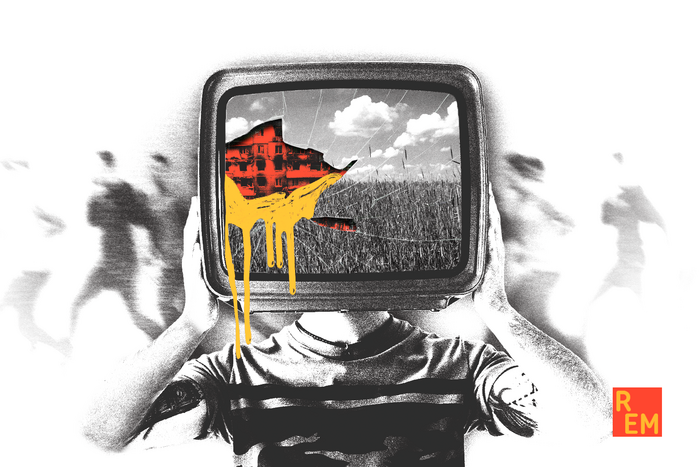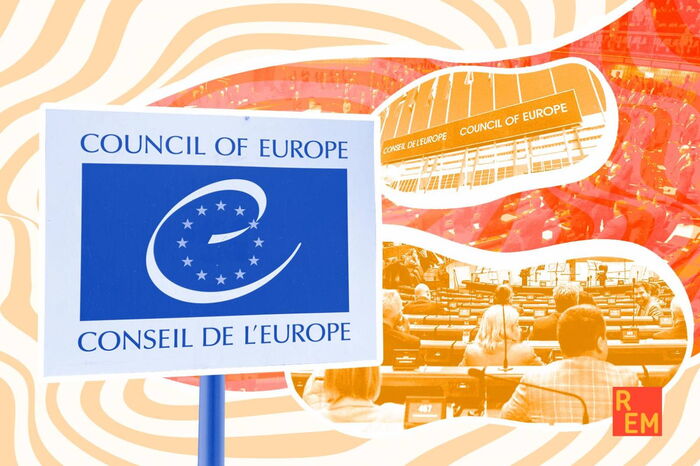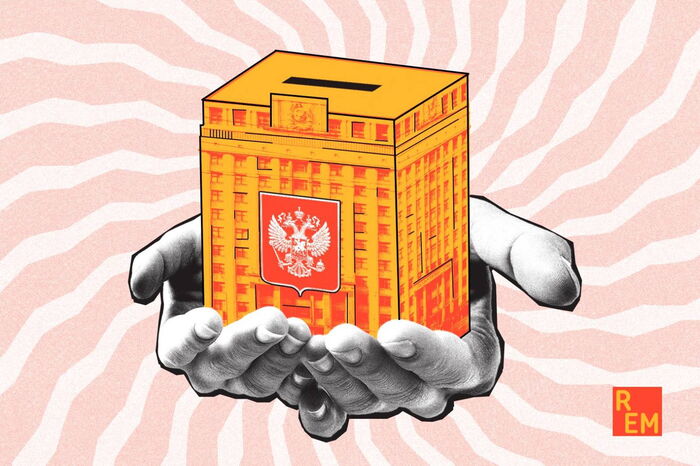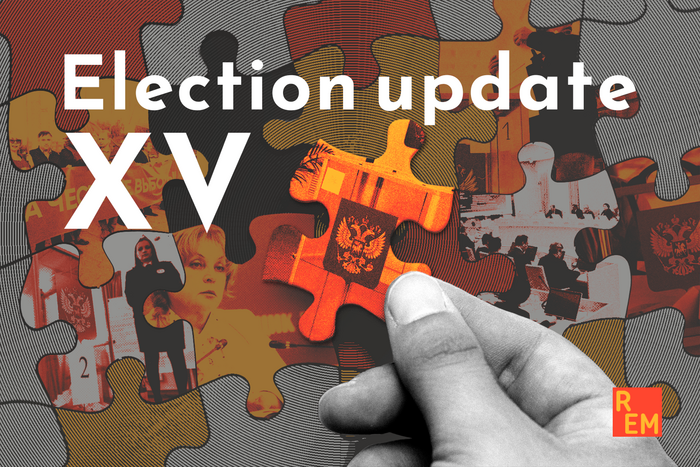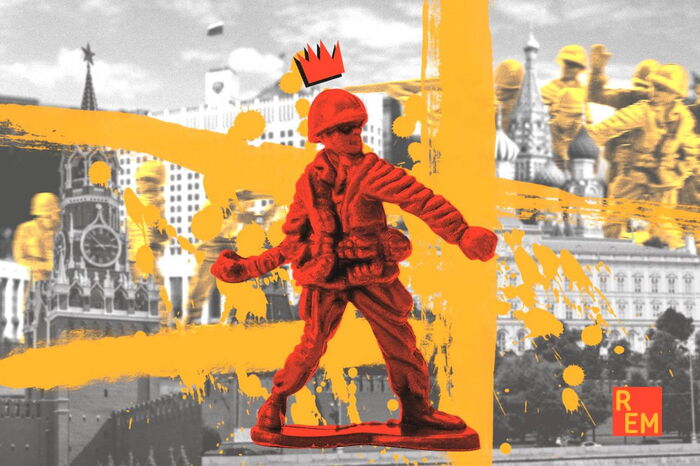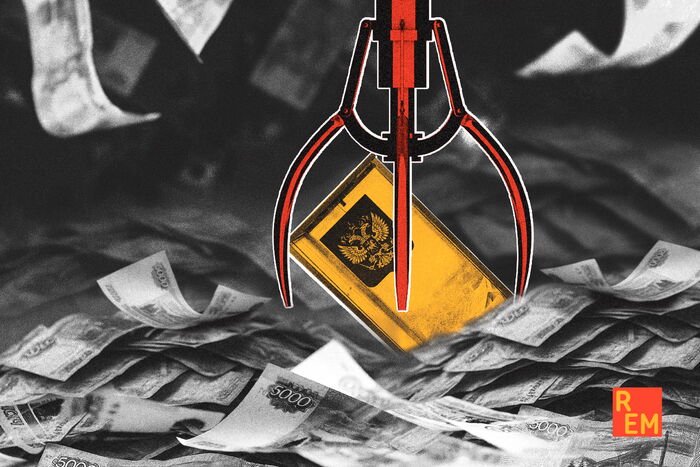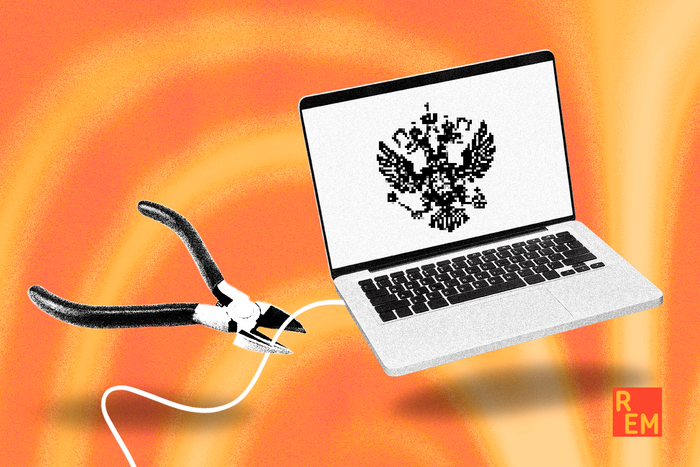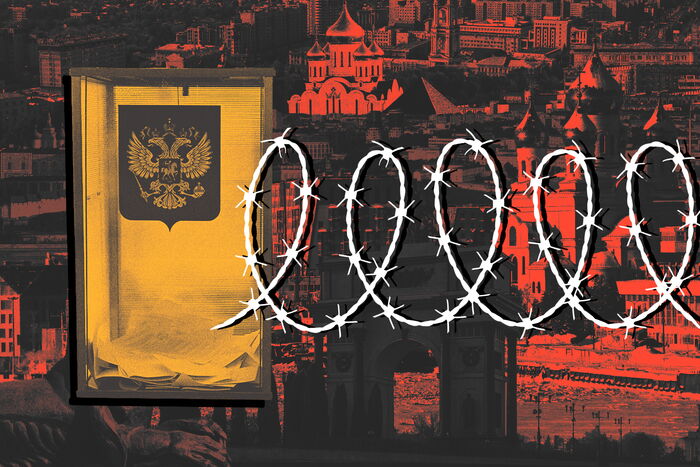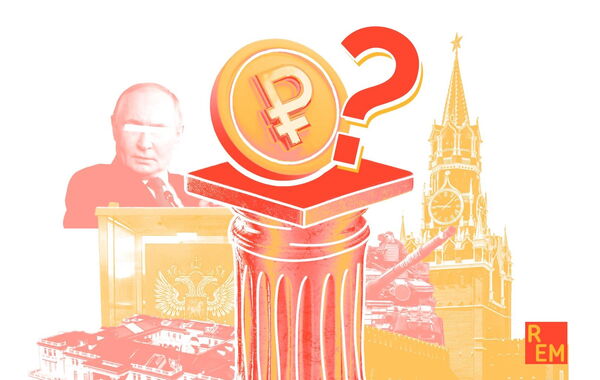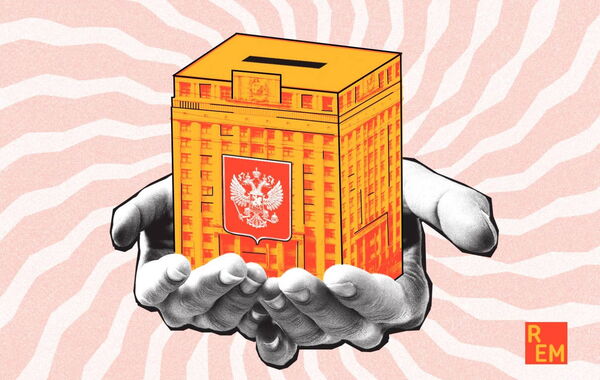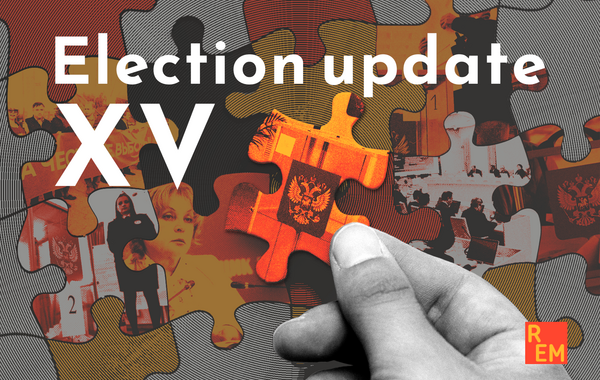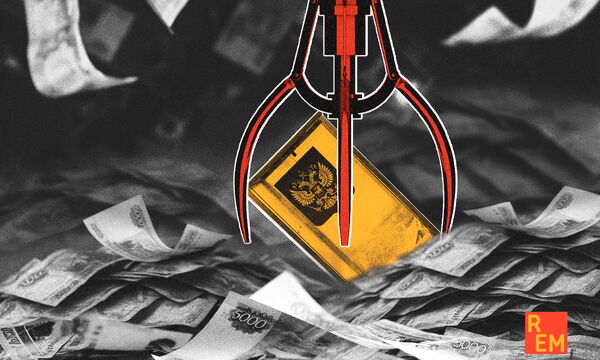The opposition’s anti-corruption efforts: Where do we go from here?
Anti-corruption investigations once mobilized protests and reshaped opposition politics in Russia. Today, they seem to land in a political void.
Can investigative activism still matter under conditions of total repression and a full-scale war?
And if so, what form should it take now? Answers Dr. Ilya Matveev.
Read more … The opposition’s anti-corruption efforts: Where do we go from here?
Electoral expert on preparations for Russia’s 2026 State Duma elections
Despite the apparent stagnation of Russia’s political landscape, elections are still held and retain some elements of competition.
The 2026 State Duma campaign has begun, marked by pressure on Yabloko and other parties — and by the growing visibility of war veterans in politics, as discussed in a recent interview.
Read more … Electoral expert on preparations for Russia’s 2026 State Duma elections
Election update XV
As Russia prepares for the State Duma elections, Kremlin is intensifying pressure on systemic opposition.
More on this in our digest covering the main election developments in November-Dezember 2025.
No time for heroes?
Russian propaganda hails returning fighters from Ukraine as a rising new elite, fast-tracked into politics and public roles.
However, most Time of Heroes graduates end up in visible but powerless positions designed to pose no threat to the Kremlin.
According to a new Verstka report, political strategists running the program are even instructed to select candidates who lack the aura of genuine military glory — ensuring they remain politically harmless.
Election update XIV
REM summarizes the outcomes of September elections and examines how opposition is seeking to consolidate its efforts ahead of 2026 State Duma vote.
At the same time, the party landscape continues to shrink, while state pressure on Yabloko intensifies.
Read more in this digest of key electoral developments from September – October 2025.
Operation “Legitimacy”: Inside Russia’s Governor Elections
Leaked documents reveal that this year’s governor re-election campaign in Irkutsk relied on systematic violations of electoral rules.
The scale and structure of the operation suggest that it is not an isolated case, but part of a coordinated model used across Russia’s gubernatorial elections.
Read more … Operation “Legitimacy”: Inside Russia’s Governor Elections
